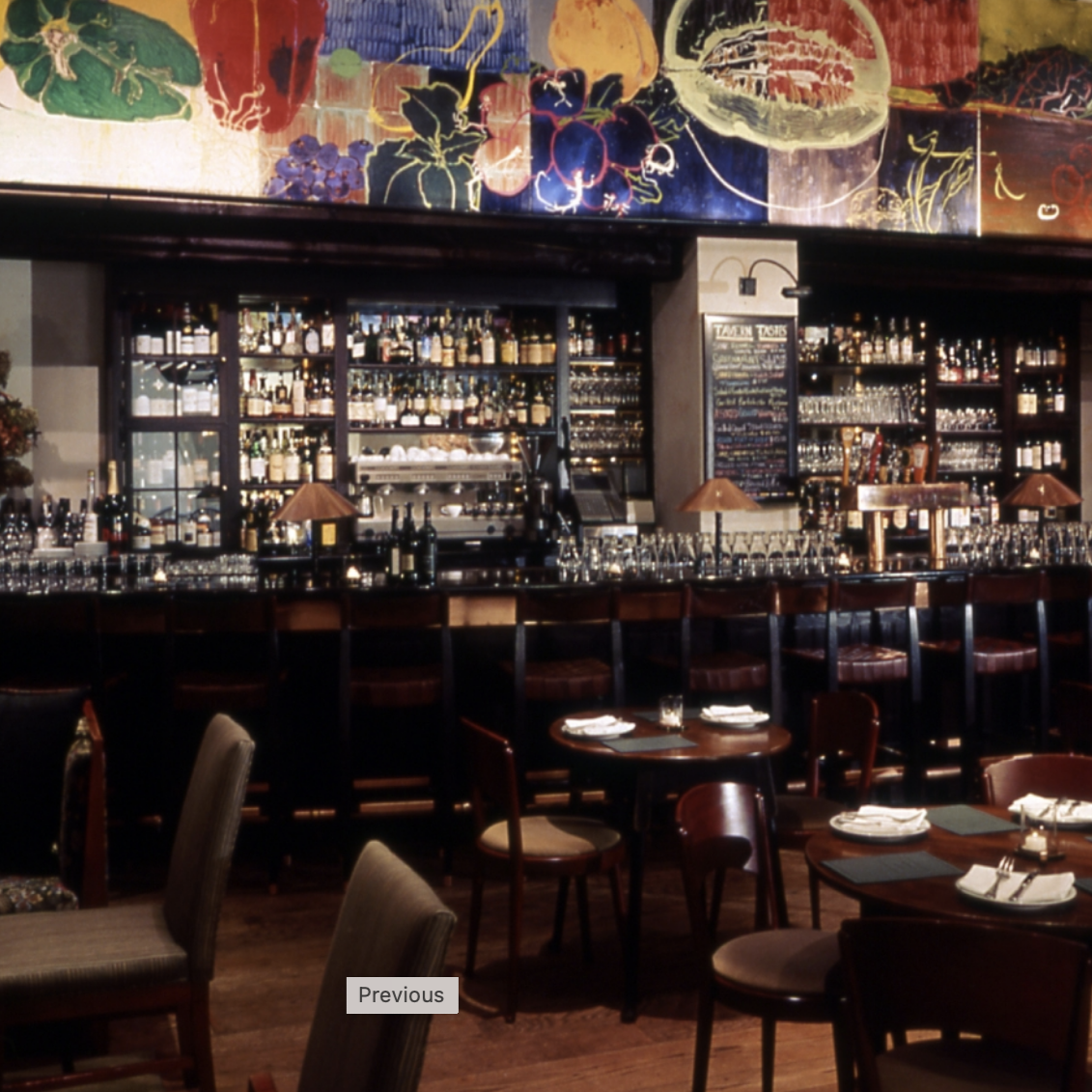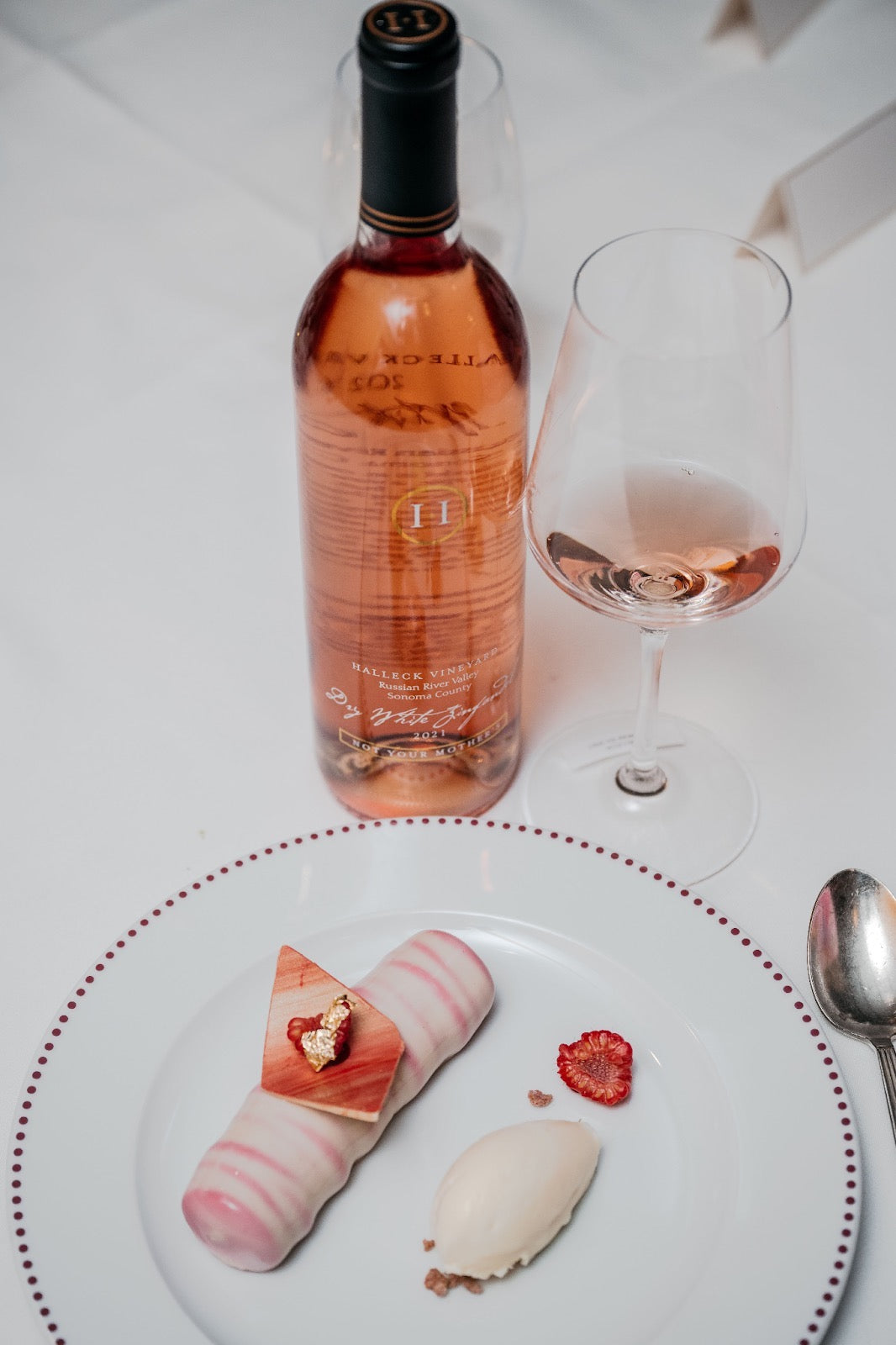Wineries That Welcome Walk Ins - Best Wineries For Wine Tasting Sonoma Area
Wine tasting is usually regarded as an art kind, one that goes past merely enjoying a beverage. It embraces a fancy interplay of flavors, aromas, and textures that requires devoted practice to truly master. Many who enterprise into the world of wine tasting quickly understand that it entails far more than simply sipping wine. Improving sensory skills by way of dedicated winery wine tasting can elevate the experience, reworking an informal consuming occasion into a complicated exploration of the senses.
At a basic degree, wine tasting engages the senses of sight, smell, taste, contact, and even sound. Each element performs a crucial position in appreciating the nuances of a wine. When one first pours a glass of wine, the wealthy hues can provide preliminary insights into its age and varietal. Observing the colour and clarity helps type expectations in regards to the wine's flavor profile. Many don’t fully respect how this visible assessment can set the stage for what's to observe.
The subsequent step is to have interaction the sense of smell. Swirling the glass aerates the wine, allowing its risky compounds to escape and fill the air with its bouquet. The nostril entails some fascinating layers—different aromas can sign varied features of the winemaking process, including the type of grapes used, fermentation strategies, and getting older conditions. Creating a eager sense of odor is normally a game-changer in wine tasting.
Romantic Winery Destinations In Sebastopol - Best Vineyard In Sonoma
To enhance this sensory skill, wine enthusiasts are sometimes inspired to take part in dedicated tastings at wineries. These tastings enable individuals to focus solely on the sensory experience (Local Favorite Wineries In Sonoma). Tasting sessions led by educated sommeliers or winemakers can offer insights into figuring out distinct aromas. Learning to distinguish between floral, fruity, earthy, and spicy notes can empower a taster to articulate their experience with greater precision.
As one practices their sensory talents, they may uncover that their style preferences evolve. This transformation typically happens after a number of tastings. A wine that originally seemed overwhelming may reveal hidden layers of complexity with a bit of experience. Understanding the means to isolate individual flavors corresponding to acidity, sweetness, bitterness, and umami contributes substantially to the general wine experience.
Another essential component in improving sensory skills is the context during which wine is tasted. Environmental factors like temperature, lighting, and even the corporate current can influence perceptions. At a winery, an optimum setting can reduce distractions and enable a extra profound exploration of the wine (Wineries Providing Guided Vineyard Walks). Training mindful tasting techniques encourages a more immersive experience, permitting tasters to hone in on their senses.
It isn't solely about particular person notion, though. Participating with others during a tasting also can enhance sensory skills. Sharing notes and discussing impressions fosters a deeper understanding of the wine. This collaborative strategy encourages members to articulate their sensory experiences, thereby broadening their linguistic repertoire related to wine tasting.
Wineries With Breathtaking Gardens In Sonoma - Sonoma Wine Tasting Spots
Additionally, pairing wine with food can considerably improve the tasting experience. Totally Different combinations can deliver out distinctive flavors in both the wine and the dish. As one tastes a wine alongside explicit meals, they can begin to acknowledge how certain components within the wine complement or contrast with what they're eating. This skill of pairing is another layer that enriches sensory development.
Training one’s palate can involve quite a lot of workout routines. Some enthusiasts interact in systematic tasting experiences, sampling a range of wines that showcase completely different varietals, regions, or vintages. Exploring this range can sharpen the power to discern nuances across completely different wine profiles. article source Over time, this practice builds a mental library of flavors that can be accessed during future tastings.
Notably, written notes serve a twin objective: organizing one’s thoughts and reinforcing reminiscence. By writing down observations about every wine, tasters can monitor their progress over time. Detailing the traits of wines assists in solidifying information, ultimately deepening one’s appreciation of what they eat.
Furthermore, attending workshops or classes targeted on sensory evaluation can also be useful. Many wineries provide these instructional applications to help people refine their skills. Often, educated instructors guide participants via structured tastings, specializing in specific components of the wine. This level of schooling reinforces the sensory skills asynchronously and challenges tasters to contemplate their experiences from totally different angles.
Wineries With Estate-Grown Grapes - Sonoma Vineyards Worth Visiting

Over time, the commitment to improving sensory skills through dedicated winery wine tasting can yield significant rewards. The enjoyment derived from wine becomes layered and multifaceted. No longer restricted to a easy desire for "pink" or "white," tasters start to understand the tales behind every pour. They domesticate a palette capable of navigating the complicated landscape of flavors with confidence.
In conclusion, the journey of enhancing sensory skills through dedicated winery wine tasting is as rewarding as it is gratifying. It requires focus, commitment, and a willingness to study, but the outcomes far exceed the initial effort. By engaging a quantity of senses official statement and taking part in considerate discussions, people not only turn out to be more adept at identifying flavors but additionally develop a deeper appreciation for the craftsmanship behind every bottle. The course of transforms wine from a mere beverage into a rich tapestry of sensory exploration that beckons enthusiasts to delve deeper. As skills enhance, so too does the enjoyment, enriching life experiences one sip at a time.
Historical Wineries To Visit In Sonoma - Sonoma’s Lush Vineyard Landscapes
- Engaging the palate via diverse wine varieties enhances the ability to differentiate flavors and aromas, refining general sensory perception.
- Participating in guided tastings promotes centered consideration on subtle characteristics of each wine, nurturing crucial tasting skills.
- Studying to determine specific grape varieties fosters a deeper understanding of terroir, which aids in recognizing regional flavor profiles.
- Incorporating food pairings during tastings can heighten sensory awareness, as different tastes can influence one another and alter perceptions.
- Working Towards the art of swirling and nosing wines permits people to connect olfactory cues with style, improving the ability to articulate sensory experiences.
- Attending workshops that emphasize blind tastings trains individuals to rely purely on their senses quite than preconceived notions, enhancing objectivity.
- Elevating sensory skills can lead to higher wine choice skills, empowering people to make knowledgeable selections primarily based on personal preferences.
- Participating with educated sommeliers presents insights into wine-making processes, which deepens sensory appreciation and enhances vocabulary for describing wines.
- Common participation in tastings encourages reminiscence improvement of flavors and aromas, aiding in the formation of a customized sensory profile over time.
- Sharing tasting experiences with peers fosters discussion, promoting communal learning that can improve particular person sensory skills by way of collaboration.undefinedWhat is the aim of enhancing sensory skills via wine tasting?

Enhancing sensory skills through wine tasting permits individuals to enhance their capacity to determine and appreciate the assorted aromas, flavors, and textures of wine. This heightened sensory awareness can result in a deeper understanding of wine and an general enriched tasting experience.
Wineries Ideal For Romantic Getaways - Enjoying A Vineyard In Sonoma
How can I develop my sensory skills at a winery?
You can develop your sensory skills at a winery by taking part in guided tasting periods that focus on particular varietals. Interact with knowledgeable staff who can provide insights and encourage you to take notes on your impressions, enhancing each your observational and descriptive skills.
What ought to I anticipate during a dedicated wine tasting experience?
Unique Wine And Food Pairings In Sonoma - Exploring Sonoma's Wine Landscape
During a dedicated wine tasting experience, expect to pattern a selection of wines whereas receiving focused schooling about each one. You Will be taught in regards to the winemaking course of, tasting techniques, and tips on how to discern different sensory characteristics, all in a relaxed environment.
Is prior knowledge of wine essential to profit from a sensory skills workshop?
- Cultural Wine Experiences In Sonoma County
No prior data of wine is necessary; the workshops are designed for all ranges of experience. Beginners will find priceless information to construct from, while seasoned tasters can refine their skills and expand their palate even additional.
How do sensory skills impact my general wine appreciation?
Exclusive Wine Clubs In Sonoma - Top-Rated Wineries In Sebastopol
Improving sensory skills considerably enhances your total wine appreciation by permitting you to determine subtleties and complexities in wines. This deeper understanding enriches your tasting experience and helps you make informed alternatives primarily based on personal preferences.
Are there particular techniques I ought to use whereas tasting wine to improve my sensory skills?
Vintage Wine Tasting Experiences In Sebastopol - Wine Tours And Tastings In Sebastopol
Sure, using techniques such because the "SWOT" technique (Sight, Swirl, Odor, Sip, Savor) can be beneficial. Pay consideration to the wine's appearance, aromatics, and mouthfeel, and take your time with every sip to completely explore the flavors and sensations.
What type of wines are typically included in sensory skills tastings?
Sometimes, sensory skills tastings embrace quite lots of wines that showcase totally different areas, varietals, and styles. This variety helps members identify distinct characteristics and enhances their capability to distinguish between wines.
Can sensory skills workshops be personalized to my tasting interests?
Wineries With Educational Tours In Sonoma - Best Winery In Sonoma For Quality Wine
Many wineries offer personalized options for sensory skills workshops, permitting you to give attention to particular forms of wines or themes that curiosity you, corresponding to organic wines or distinctive regional choices. It Is greatest to inquire immediately with the winery for tailored experiences.
Is there a way to practice sensory skills after leaving the winery?
Yes, you can practice your sensory skills at home by tasting different wines and keeping a tasting journal. Experimenting with varied food pairings and aromatics can additional improve your understanding of how flavors interact, reinforcing the skills gained at the winery.
 Mr. T Then & Now!
Mr. T Then & Now! Devin Ratray Then & Now!
Devin Ratray Then & Now! Jason J. Richter Then & Now!
Jason J. Richter Then & Now! Mackenzie Rosman Then & Now!
Mackenzie Rosman Then & Now! Tonya Harding Then & Now!
Tonya Harding Then & Now!